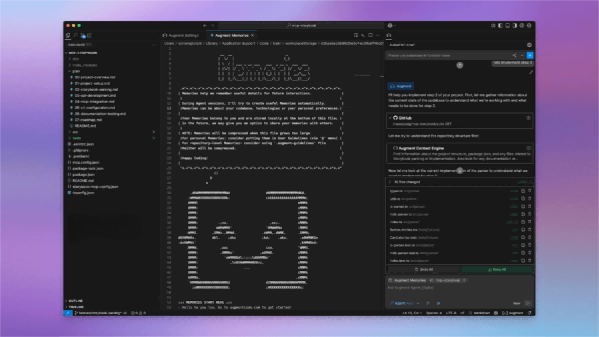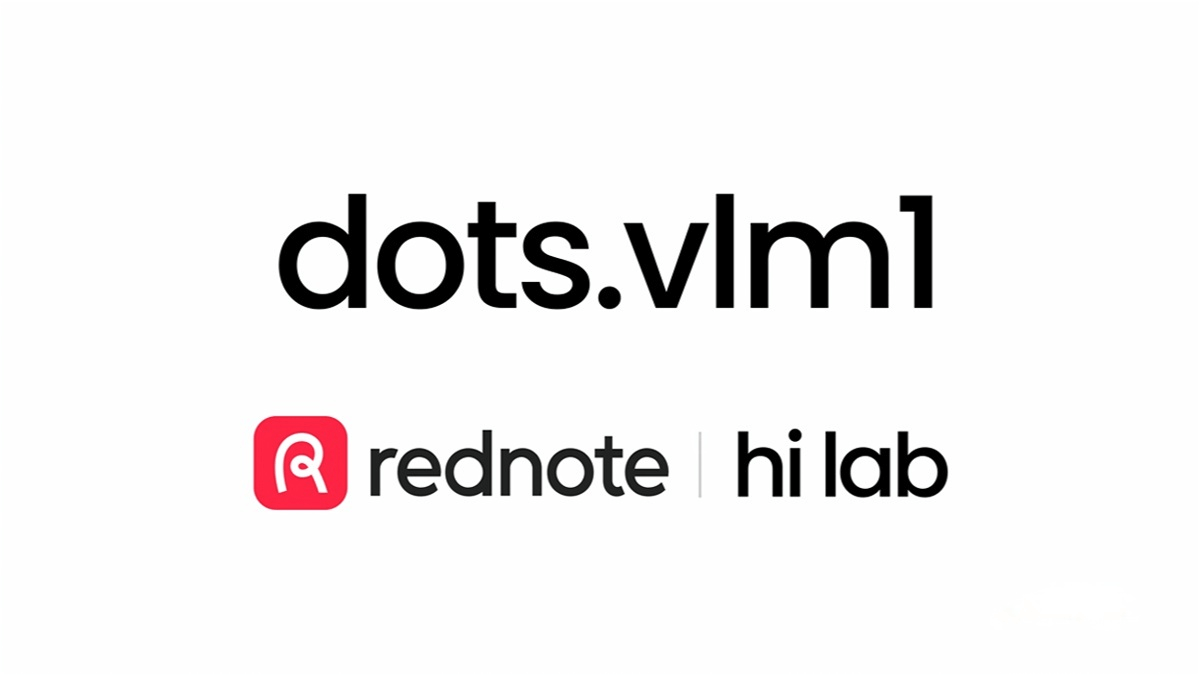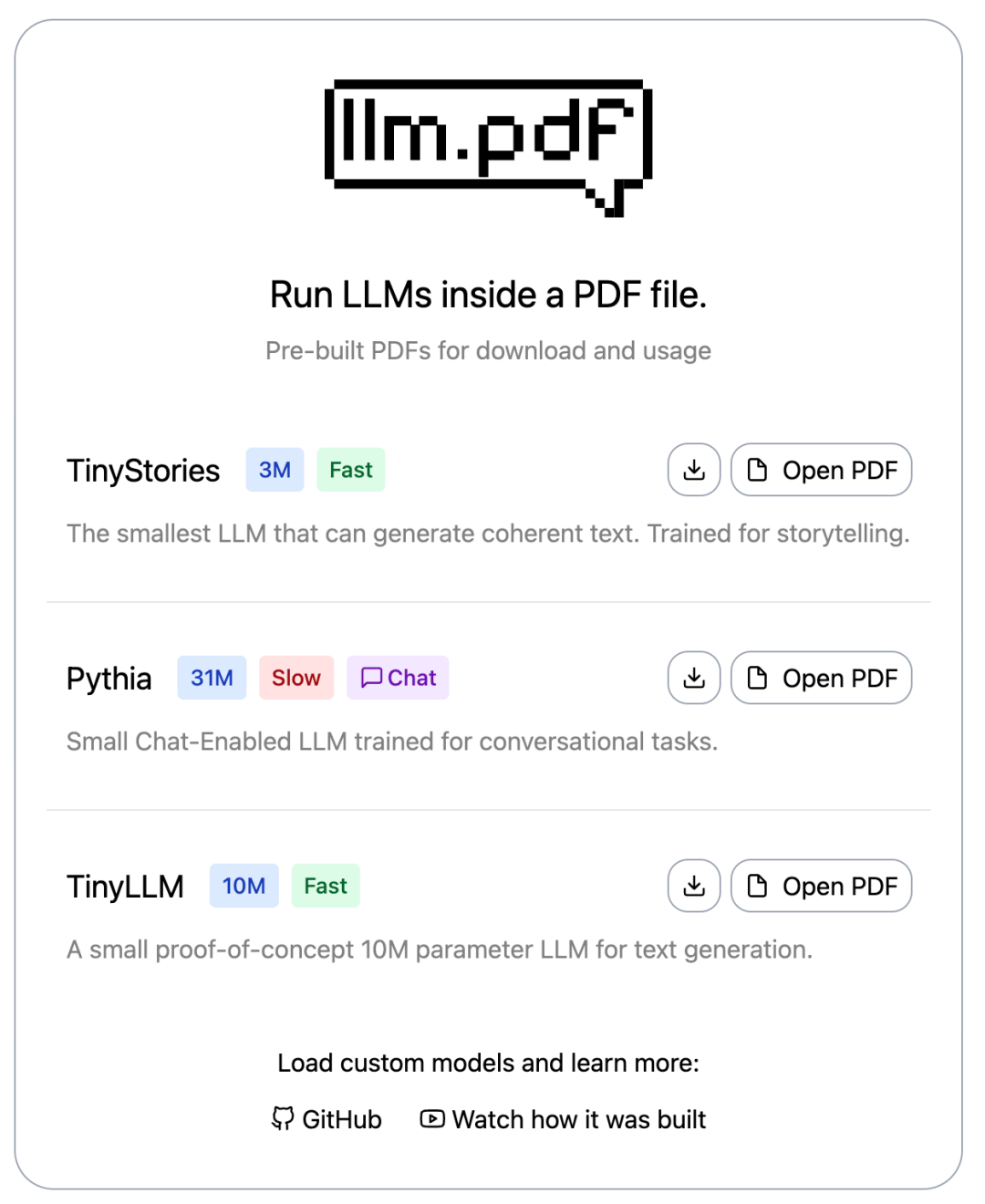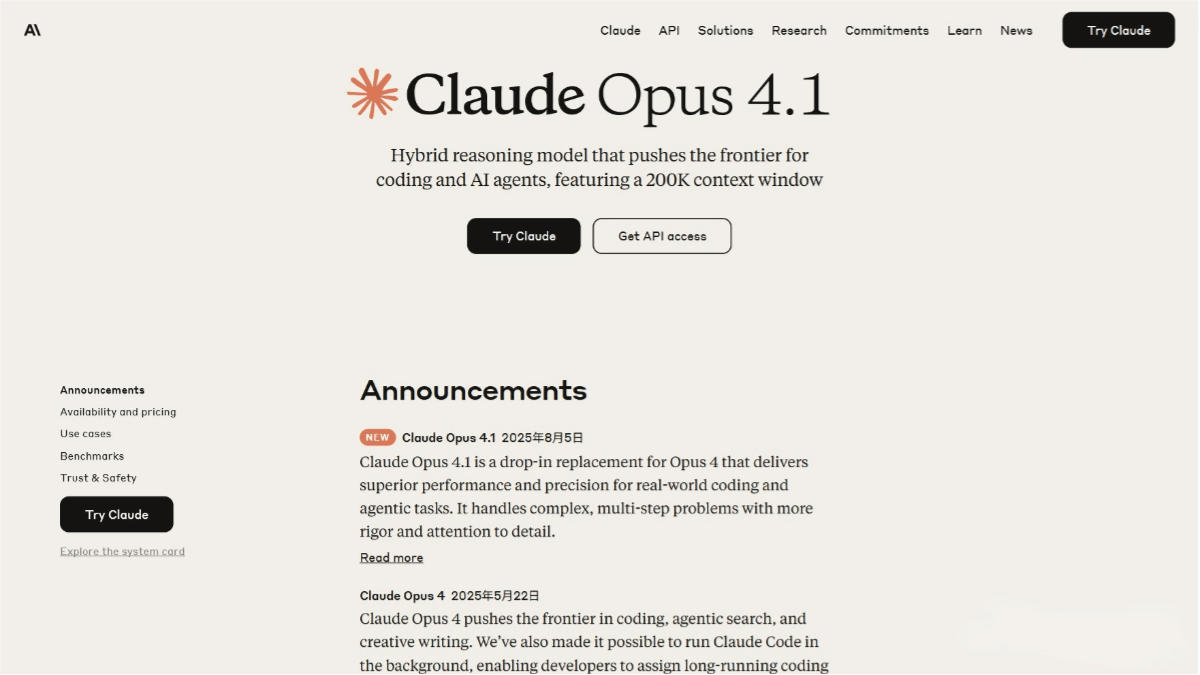Augment Agent – An AI programming assistant launched by Augment Code
What is Augment Agent?
Augment Agent is an AI programming assistant launched by Augment, designed to help software engineers write high-quality code efficiently. Augment Agent can deeply understand large codebases and automatically learn and adapt to coding styles as users work. It supports development tools such as VS Code and JetBrains, featuring a context engine and memory functionality. It also supports automatic updates and continuous optimization of code generation. With a context capacity of up to 200,000 tokens, Augment Agent can handle complex tasks and provide powerful support for developers.

The main functions of Augment Agent
- Powerful Context Support: Capable of handling up to 200,000 tokens of code context.
- Plugin-based Integration: Integrated into mainstream development environments such as VS Code and JetBrains in the form of plugins. This eliminates the need for users to adapt to new development environments, lowering the learning curve.
- Persistent Memory: Learns the user’s coding style, remembers previous refactoring and code conventions, and accumulates memory over time.
- Multi-modal Input Support: Supports multi-modal input methods such as screenshots and Figma files.
- Code Checkpoints: Automatically tracks changes, supports rollback, and ensures users can restore to previous code states at any time, maintaining their preferred programming style.
- Terminal Command Support: Supports running commands in the terminal, such as “npm install”, “run dev”, or interacting with Git, to help developers complete tasks more efficiently.
- Auto Mode: Allows users to let Augment Agent execute tasks automatically without requiring manual confirmation for each step, improving work efficiency.
- Support for Multiple Development Tools: Integrates with tools like GitHub, Jira, Confluence, Notion, and Linear to help developers better manage projects and collaborate.
- Interruption and Guidance: Users can stop the agent at any time, correct operations, or suggest alternative methods. The agent will automatically pause and redirect accordingly.
How to Use Augment Agent
- Registration and Login: Visit the official website and follow the prompts to complete the registration and login process. Augment Agent currently supports usage with VS Code and JetBrains.
- Plugin Installation: Download and install the corresponding plugin based on the IDE you are using.
- Using the Functionality: Launch Augment Agent through the plugin interface within your IDE to access its features. Augment Agent supports various functionalities such as code checkpoints, multimodal inputs (e.g., screenshots, Figma files, etc.), and terminal commands.
Performance of Augment Agent
In the SWE-bench verified benchmark test, Augment Agent, combined with Anthropic’s Claude Sonnet 3.7 and OpenAI’s O1 reasoning model, achieved the highest score, ranking 1st (achieving 65.4% on real tasks).

Product Pricing of Augment Agent
- Community Edition: Free. The number of agents is limited to 50 requests per month. Additional agent requests are charged at $9 per 100 requests. It provides a context engine, MCP and native tools, and supports AI training.
- Developer Edition: $30 per month. The number of agents is limited to 550 requests per month (currently unlimited). Additional agent requests are charged at $11 per 100 requests. It provides a context engine, MCP and native tools, as well as chat, instructions, and next-step editing capabilities.
- Enterprise Edition: Custom pricing. Unlimited agents. Customizable charges for additional agent requests. It provides a context engine, MCP and native tools, chat, instructions, and next-step editing capabilities. Additionally, it offers Slack integration, team management, usage analytics, SOC 2 Type II report, and customized terms.
Application scenarios of Augment Agent
- Large-scale Codebase Development: Assist developers in quickly generating and optimizing code within complex codebases.
- Code Style Unification: Automatically adapt to and maintain the team’s code style, reducing conflicts.
- Cross-tool Collaboration: Integrate with tools such as GitHub and Jira to improve development collaboration efficiency.
- Complex Task Handling: Leverage powerful context processing capabilities to handle complex code refactoring and migration tasks.
- Daily Development Assistance: Run terminal commands, fix errors, implement UI designs, etc., to enhance development efficiency.
Related Posts




